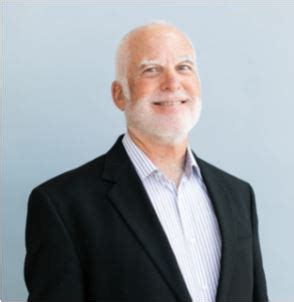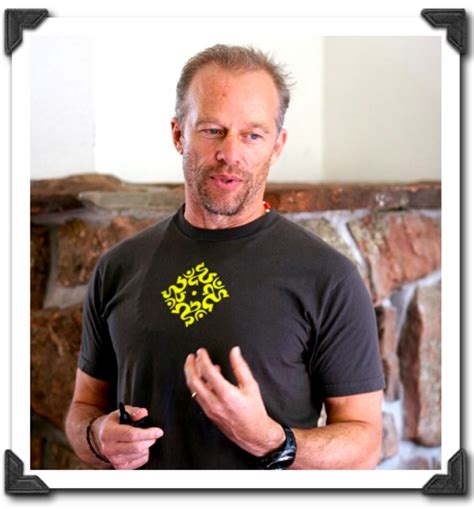A Quote by Hans Urs von Balthasar
If one does away with the fact of the Resurrection, one also does away with the Cross, for both stand and fall together, and one would then have to find a new center for the whole message of the gospel.
Related Quotes
Take away material prosperity; take away emotional highs; take away miracles and healing; take away fellowship with other believers; take away church; take away all opportunity for service; take away assurance of salvation; take away the peace and joy of the Holy Spirit... Yes! Take it all, all, far, far away. And what is left? Tragically, for many believers there would be nothing left. For does our faith really go that deep? Or do we, in the final analysis, have a cross-less Christianity?
There is no better test as to whether a man is really preaching the New Testament gospel of salvation than the fact that some people might misunderstand it and misinterpret it to mean that it really amounts to this–that because you are saved by grace alone it does not matter at all what you do, that you can go on sinning as much as you like because it will abound all the more to the glory of grace. That is a very good test of gospel preaching. If my preaching and presentation of the gospel of salvation does not expose it to that misunderstanding, then it is not the gospel.
I always hope that readers, of my books, will take away whatever is most meaningful to them wherever they are at right now. It might be the message of love. Or what it means to really live. Or the role that emotion does - or does not play - in our lives. But I think ultimately, the thing I took away was the idea of surrender to God.
I think there is always new people that have never heard the gospel before that need to have it because the gospel - which is the death, resurrection of Christ and the message of his forgiveness - is the only hope for a person knowing that they will go to Heaven and then finding the meaning and purpose they search for in life.
Now, the fourth gospel says that the moment that Jesus is glorified is the moment he's put to death on the cross, not the resurrection. The moment he's put to death on the cross is when he shows forth glory, and the reason that is, is that he became free enough to give his life away and to love those who were taking it from him. And that's what God is all about. That's the mystical point of view that was hidden from me for years.
What does "living your best life" mean to you? Does it mean accumulating wealth and fulfilling all your material wants? Or, does it mean turning away from the material world in order to fully realize the gift of spirit? We often tend to think of these objectives as being mutually exclusive: material fulfillment or spiritual fulfillment, not both together.
Love does not terrify me. But the going away of it does. I have been made terribly aware of how everything can be wrenched away from you and your life torn apart. If I had known very secure nights all my life, if I had never seen or felt the fear of being tortured or deported or blown up into a million pieces, then I would not fear it.
Systematic theology will ask questions like "What are the attributes of God? What is sin? What does the cross achieve?" Biblical theology tends to ask questions such as "What is the theology of the prophecy of Isaiah? What do we learn from John's Gospel? How does the theme of the temple work itself out across the entire Bible?" Both approaches are legitimate; both are important. They are mutually complementary.
Jesus on the cross feels the whole weight of the evil, and with the force of God's love he conquers it; he defeats it with his resurrection. This is the good that Jesus does for us on the throne of the cross. Christ's cross, embraced with love, never leads to sadness, but to joy, to the joy of having been saved and of doing a little of what he did on the day of his death.
I write because to write a new sentence, let alone a new poem, is to cross the threshold into both a larger existence and a profound mystery. A thought was not there, then it is. An image, a story, an idea about what it is to be human, did not exist, then it does. With every new poem, an emotion new to the heart, to the world, speaks itself into being.
Oh,to be walking through Leningrad white night after white night, the dawn to dusk all smelting together like platinum ore, Tatiana thought, turning away to the wall, again to the wall, the wall, as ever. Alexander, my nights, my days, my every thought. You will fall away from me in just a while, won't you, and I'll be whole again, and I will go on and feel for someone else, the way everyone does. But my innocence is forever gone.





































